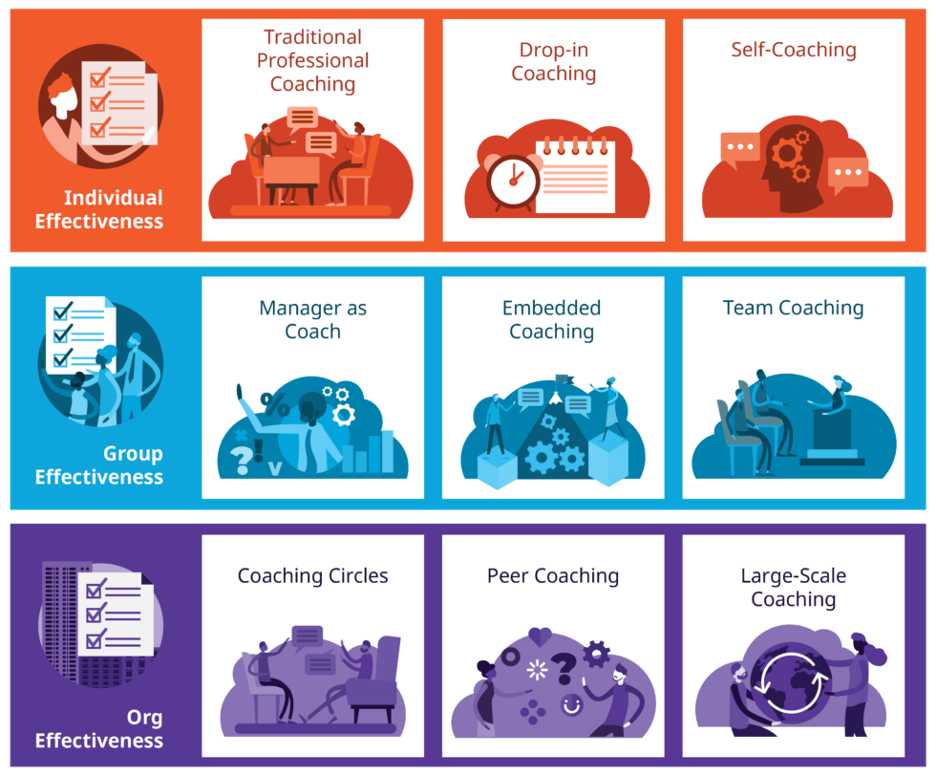3 reasons when you should dump your coaching model
“You are not using your strength of strategic thinking enough.” This was used to console me in a promotion discussion with my line manager a few years back.
I felt distrust that the whole process to identify my strengths and behaviours through a psychometric test was used to point out a developmental need and limit my potential.
HR personnel, line managers and coaches use models apart from such psychometric tests in employee discussions but should exercise caution of labelling people based on the outcome.
Using models in coaching sessions can be a valuable tool for coaches and clients. They provide a structured framework for the coaching process and help clients achieve their goals.

As a leadership coach, I use psychometric tests already available as a guideline to ask an executive where they stand in relation to that.
But there are times to go beyond.
Here a 3 reasons when a coach should dump the use of models in a session.
It is restricting flexibility
Competency 5.2 by the International Coaching Federation (ICF) requires the coach to maintain presence and highlights that the coach acts in response to what the client wants to accomplish throughout this session.
Coaching models are structured frameworks that may not be flexible enough to meet the unique needs of each client. If the model is limiting the coach's ability to tailor the coaching process to the client's specific goals and needs, it should be done away with.
It is restricting creativity
Coaching is a thought provoking partnership where through reflection and curious questioning, the client is able to think differently. Competency 7 of the ICF Core competency focuses on evoking awareness in the client to explore beyond their current thinking and feeling to new and expanded ways.
Coaching models can sometimes be too prescriptive and may limit the coach's adaptability. If the coach feels that the effectiveness of the coaching process is reducing because of the structured process, it is an indication to respond creatively to the client.
It is overused
The ICF core competencies stress on embodying a coach’s mindset - a mindset that is open, curious, flexible, and client-centered. It is more important to coach the person and not only the problem which the client has brought forward.
Coaching models being widely used in the coaching industry tend to be overused overtime in sessions. In a conversation, if they limit the coach's ability to provide unique and innovative experience for client, the focus should shift.
What is important to coach the ‘Who’ or the being of the client along with the ‘What’ or the doing, having or not having the models as an additional support.









.png)

.png)

Comments List